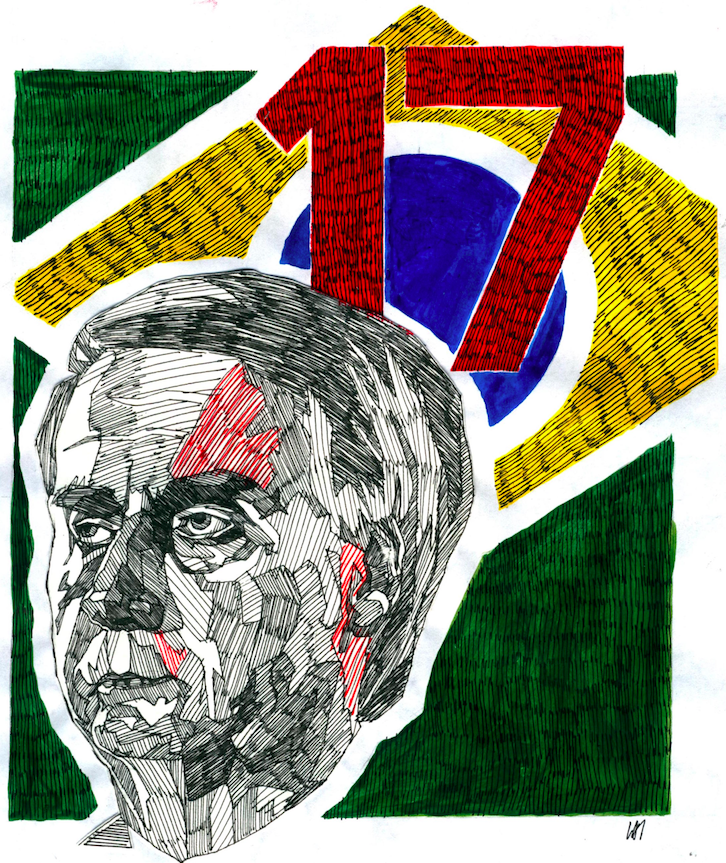New President of Brazil Is Like Trump, But Worse
Jair Bolsonaro defeated Fernando Haddad in Brazil’s presidential election.
November 29, 2018
On October 28th, Jair Bolsonaro defeated Fernando Haddad in the second round of Brazil’s presidential election. Bolsonaro, a far-right former army captain, will be sworn in as the president of Brazil on January 1st.
Bolsonaro has been dubbed the “Brazilian Trump” by some, but I find that this comparison fails to grasp just how destructive the President-elect can be for Brazil. The first difference between the two is that, despite being portrayed as a political outsider, Bolsonaro has been in the National Congress for 21 years.
In addition, Bolsonaro holds far more militaristic views than the American leader. He ardently defends the repressive military dictatorship that ruled Brazil from 1964 to 1985, even arguing it did not go far enough. He has also praised the brutal regimes of Augusto Pinochet in Chile and Alberto Fujimori in Peru, former dictatorships also accused of numerous human rights abuses. His rhetoric has been centered on fighting crime, but his approach is to treat law-enforcement as a war, without regard for casualties among innocent civilians, especially in Brazil’s impoverished favela neighborhoods.
Bolsonaro also poses a severe threat to the Amazon rainforest and the indigenous people who call it home. He has proposed opening up the forest, which is considered the “Lungs of the Earth,” to deforestation and fossil fuel extraction. As for the natives, he says, “We will not have one centimeter demarcated for Indigenous reservations. … Where there is indigenous land, there is wealth beneath it.”
Furthermore, he has been openly misogynist and homophobic in truly horrific ways. In one well-known incident, he said to a congresswoman, “I wouldn’t rape you. You’re not worth it.” Back in 2011, he said “I would be incapable of loving a gay son” and “I’d rather have a son of mine die in an accident [than be gay].”
This potential dictator isn’t just some lone wolf; he has plenty of friends in high places. While he doesn’t talk about it often, Bolsonaro’s economic policy is key to his campaign. His economic advisor, Paulo Guedes, was a banker in Chile during the Pinochet regime and hails from the same school of neoliberal thought that backed the dictator. Guedes has backed massive privatization efforts, potentially selling off Brazilian state-run companies to the highest bidder. Like with Pinochet, Wall Street has been willing to hold its nose and back Bolsonaro, hoping for big payoffs in the near future. As one anonymous banker said, “My job is to make sure the bonds get paid on time. As for the rest—it’s up to the Brazilians to decide.”
What does the election of Bolsonaro mean for us? The most direct impact is the potential depletion or even total loss of one of the world’s largest carbon sinks in the Amazon. Brazil itself is the fifth most populous country in the world, so the effects of Bolsonaro’s presidency will affect hundreds of millions of people. But what this election signifies more broadly is the willingness of finance capital to neglect human rights and to back a fascist in order to impose exploitative neoliberal policies on a country already in economic turmoil.
This piece also appears in our November 2018 print edition.











